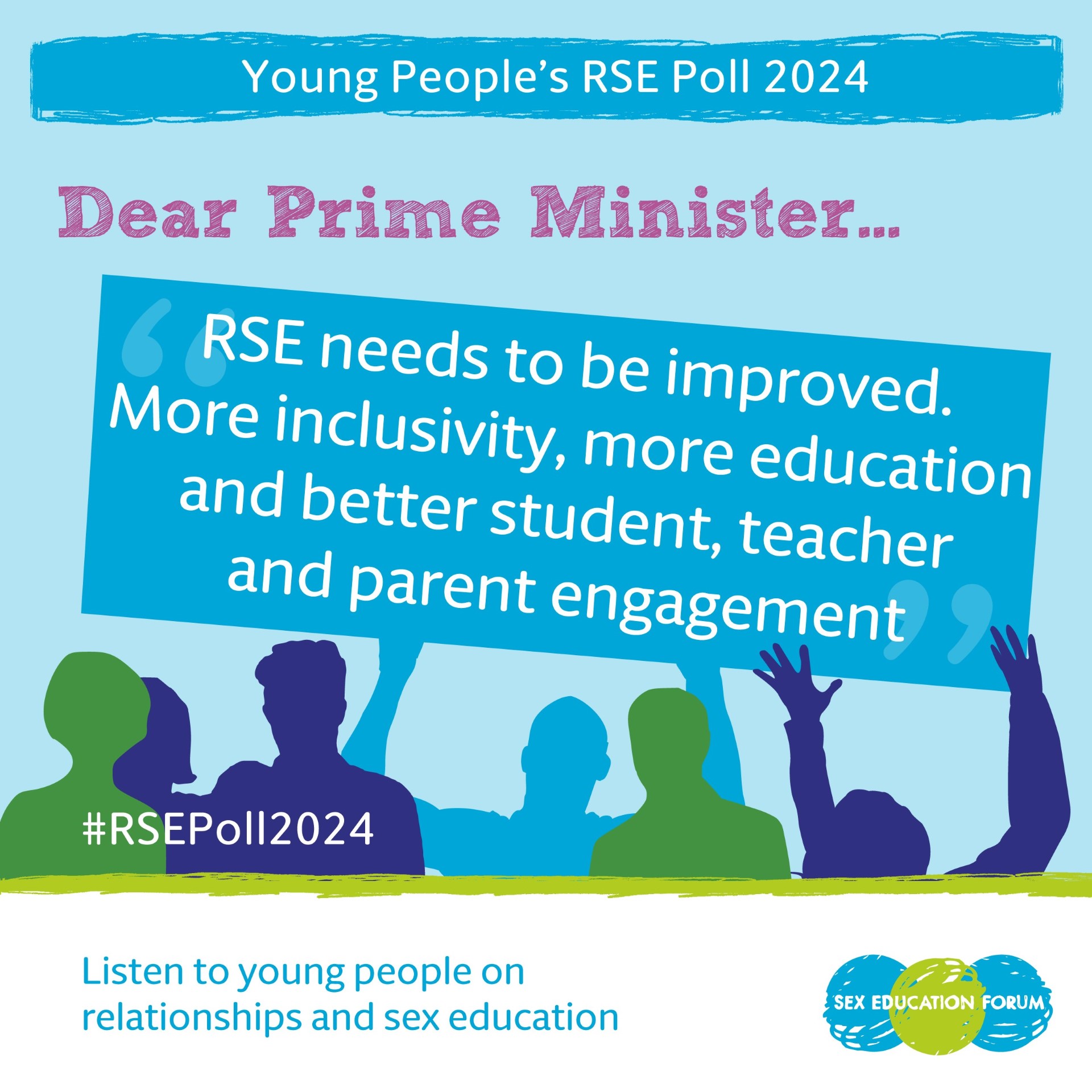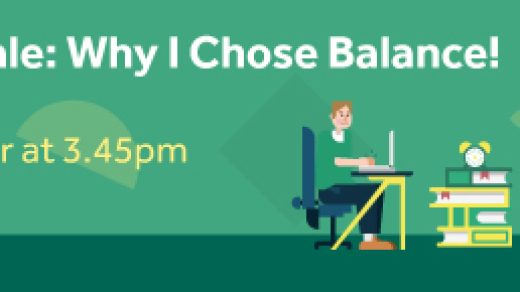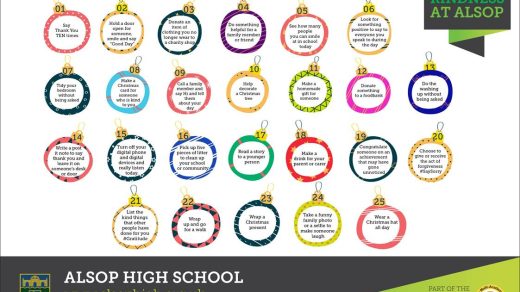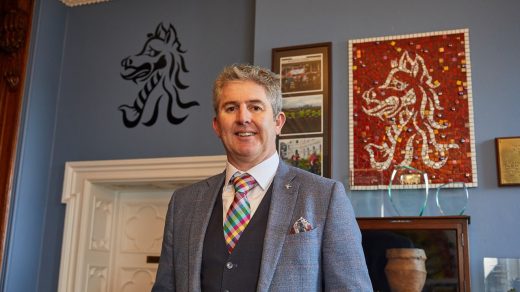LGBT+ students don’t feel represented enough in sex education – students turning to social media rather than school

Young people are learning more from the internet about certain sex education topics than from school, a new poll has found.
While 50% of students now rate their relationships and sex education (RSE) as good or very good, making this the highest number since polls began, young people are turning to online sources like social media and websites for topics like sexual orientation and gender identity and pornography.
From the poll conducted by Censuswide on behalf of the Sex Education Forum charity, pupils reported the topics they learn enough about are:
- How babies are conceived and born (79%)
- Puberty (75%)
- Understanding sexual consent (71%)
- Sexual harassment (64%)
Yet only half or fewer of students say the same for learning enough about cultural and faith perspectives on relationships and sex (50%), how to access local sexual health services (49%), power imbalances in relationships (47%), pornography (45%), or sexual pleasure (34%).
Social media (30%) is ahead of school (25%) as the main source of information about sexual orientation and gender identity.
22% reported their main source of information about pornography is social media and websites, though only 20% say their main source is school. Another 15% declared their main source of information about pornography is pornography itself.
Over a fifth (21%) say that the internet (social media and websites) is the main source of information about unhealthy relationships, and 18% say this is true for information about healthy relationships, as well as for sexual health.
The poll also revealed that only 43% of pupils report feeling personally represented and included in their school RSE, which plummets to just 29% of lesbian, gay, bisexual, queer and questioning students.
Lesbian, gay, bisexual, queer and questioning students also relate less satisfaction with RSE provision when compared to their counterparts. For instance, 36% say they learned enough about accessing sexual health services – thirteen percentage points lower than the average across all students (49%).
When it comes to improving RSE, young people say the most important actions that need to flow from the updated government RSHE guidance, which is expected later this year, are:
– To provide teacher training to improve confidence with RSE (57%)
– Have flexibility for schools to cover topics at the age that their students need (52%)
– For schools to ask for student feedback on RSE to improve lessons (51%)
Currently, only 39% of students say that their school asked for their opinions on RSE, and a little over half (56%) said they had enough opportunity to ask questions and get answers in RSE.
Many young people also report that expanded provision would be helpful. 56% of students agree that RSE beyond 16 years old would be beneficial to their development and well-being; currently, mandatory provision stops at this point.
Additionally, nearly four out of 10 respondents (39%) think it would have been better if RSE had started earlier in their life.
Young people are also advocating information about critical topics starting in primary school in a way that is relevant for age and stage.
Key areas that young people agree should be included in primary school RSE are consent (81%), the harms of pornography (73%), questioning and challenging stereotypical ideas about how girls and boys should behave (69%), examples of same-sex relationships (56%), and learning what trans and non-binary mean (53%).
Lucy Emmerson, chief executive of the Sex Education Forum, said: “The Sex Education Forum is heartened to see the highest-ever percentage of young people reporting good relationships and sex education (RSE) provision.
“Yet this is no time to pause and celebrate: a year after announcing a review into RSE, the government has yet to publish its efforts. In the meantime, government has failed to address the gaps even as young people cry out for support with significant issues like harms linked to pornography, rising rates of STIs, lack of LGBTQ+ representation, and power imbalances in relationships.
“Echoing the calls of young people and cross-party groups of MPs investigating shortcomings of RSE provision, we urge government to put pupils’ needs at the heart of its updated guidance. This means prioritising flexible ‘age and stage’ relevant content and providing teachers more training to confidently deliver lessons.
“Neglecting young peoples’ views does the next generation a disservice by leaving them dependent on potentially untrustworthy online sources for information and ill-equipped for healthy relationships.”
The research was conducted between 16 and 26 February 2024 from a sample of 1,001 young people aged 16 and 17 in England who attend or attended school.









